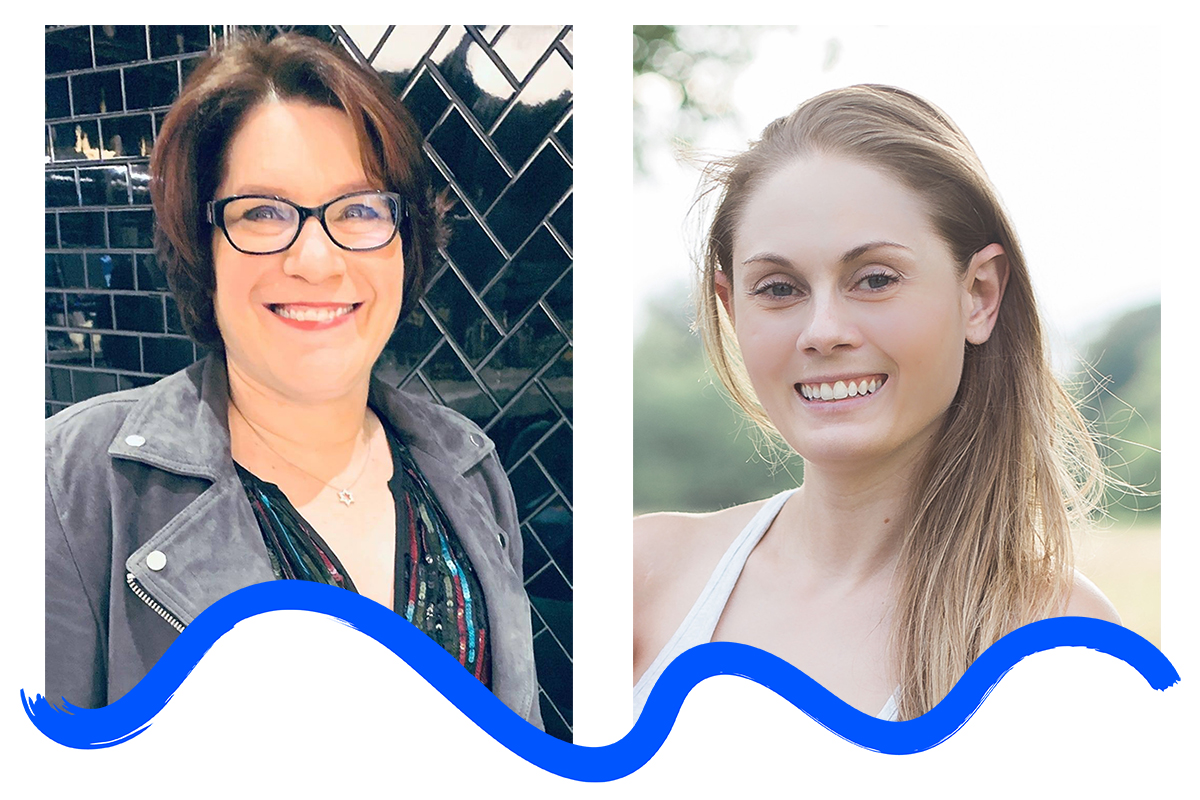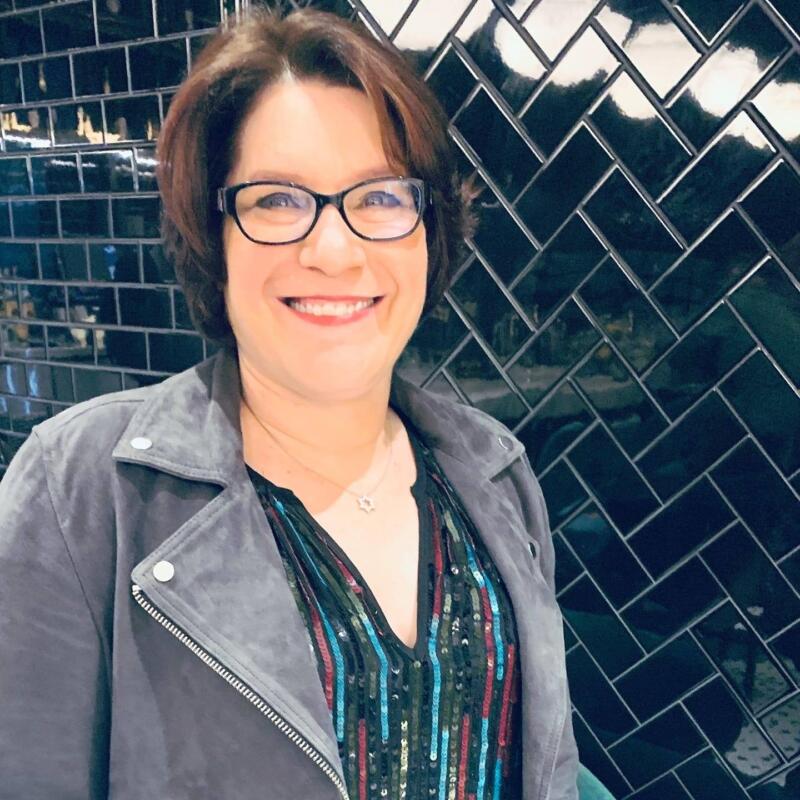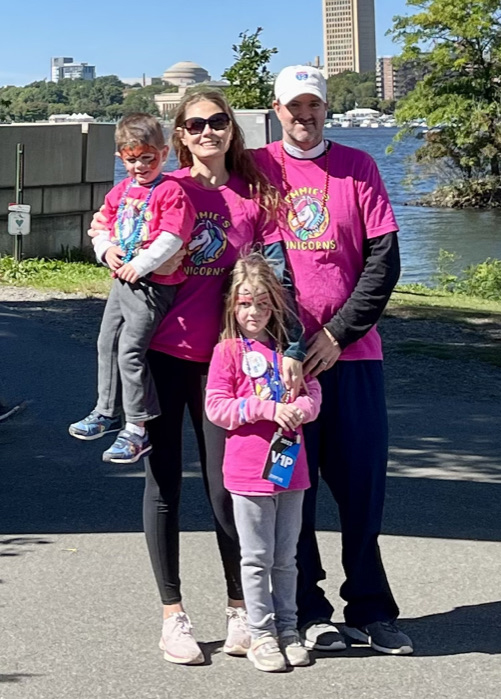Clinical Trials: The Ultimate Form of T1D Advocacy

Clinical trials are essential for delivering new devices and treatments to people with type 1 diabetes (T1D). There are currently over 100 actively recruiting studies for T1D in the U.S.
Participating in a clinical trial allows you to make an important contribution to the advancement of medicine. Below, meet two people who are helping improve the lives of people with T1D and getting us closer to cures, one study at a time.
Meet Phyllis Kaplan

Phyllis Kaplan has been part of JDRF for so long, it was before the “R.” “Back then it was just JDF,” she recalled.
Phyllis has lived with type 1 diabetes for more than 40 years. After several decades of volunteering in outreach and One Walks, she joined JDRF professionally as a Community Engagement Manager for the Greater New England chapter in 2022.
She also supports the T1D community by participating in clinical trials—she’s currently in her eighth one! Phyllis has taken part in studies on the impact of T1D on the liver, insulin pump infusion sets, and using glucagon in a bionic pancreas, to name a few.
“I consider clinical trial participation as my ultimate form of diabetes advocacy,” she said. “Without clinical trial participants there can’t be clinical trials. Without clinical trials, there can’t be new treatment options.”
Phyllis partners with her chapter’s Clinical Trial Education Volunteer (CTEV), Amanda Gilchrist, to build a culture of research participation in the T1D community. “Being in a clinical trial is like being at the forefront of research,” she said. “It isn’t always easy, but it’s always important.”
Meet Amanda Gilchrist

When second-grade teacher Amanda Gilchrist received a T1D diagnosis, she was still adjusting to her daughter Emmie’s T1D diagnosis just a year earlier. She spent months learning about T1D so she could be a better caretaker for Emmie, but her diagnosis still came as a complete surprise.
Clinical trials sparked Amanda’s interest after she heard that researchers often struggle to find participants. “It shocked me to learn some trials don’t complete due to a lack of people signing up,” she said. “We need clinical trials to move forward with research, new devices, or a cure.”
She immediately got Emmie involved in clinical trials, including testing a new continuous glucose monitor (CGM) and artificial pancreas (AP) system. “Being in type 1 diabetes clinical trials makes Emmie feel like she’s a scientist working to help others with T1D,” she said.
Amanda has taken part in clinical trials, too. One aimed to reduce parental concerns about low blood sugar. Another explored the potential of plasmid therapy to retrain the immune system. She’s currently in a clinical trial for an automated insulin delivery system where it isn’t necessary to count carbs.
Amanda is also a Clinical Trial Education Volunteer (CTEV). She works with Phyllis to provide members of her local T1D community with information on clinical trials in their area. She loves helping families find a clinical trial that works for them. “You can be a hero like my daughter and move T1D science forward!”
Learn more about clinical trials and find local opportunities in your area.

